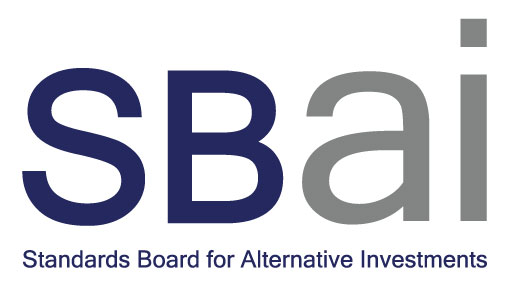HFSB Appoints Betty Tay of GIC to the Board and Establishes Asia-Pacific Committee
In addition, the HFSB has established an Asia-Pacific (APAC) Committee which will include: APAC-based HFSB Trustees Betty Tay of GIC, Chris Gradel of PAG and David George of Future Fund; and senior APAC-based industry executives Richard Johnston of Albourne Partners and Ted Lee of Canada Pension Plan Investment Board (CPPIB). Additional hedge fund manager representatives will be announced in due course.
The APAC Committee will help the HFSB establish a more dedicated effort in the region by assisting with the HFSB’s dialogue and relationships with regulators, hedge fund managers and investors, and ensuring that Asia-Pacific regional and local issues and needs are addressed as the HFSB develops standards and guidance.
Ms. Tay’s appointment and the APAC Committee reflect the importance of Asia-Pacific hedge fund managers and investors to the global hedge fund community, and also the HFSB’s increasing presence in the region.
Dymon Asia Capital, a leading Asia-focused alternative investment manager based in Singapore, and Income Partners, a leading Asian fixed income manager based in Hong Kong, became HFSB signatories in May and June, respectively.
Additionally, in April, the HFSB established a Mutual Observer relationship with the International Forum of Sovereign Wealth Funds (IFSWF), a global network of sovereign wealth funds which includes several of the largest in the Asia-Pacific region.
Dame Amelia Fawcett, Chair of the HFSB, said: “We welcome Betty to the Board and look forward to her counsel and perspectives as a senior representative of one of the world’s largest investment organisations. We are also very glad that she has agreed to join the APAC Committee.”
“We’re excited about the launch of the APAC Committee and are grateful for the support of the industry leaders who are serving as its members. The Committee will be instrumental in coordinating the HFSB’s APAC efforts, including fostering the dialogue between investors and managers on industry standards and practices.”
Betty Tay said: “I’m looking forward to working more closely with the HFSB on its initiatives in Asia as well as around the world. As a global investor, having agreed standards that are applicable across all regions facilitates our due diligence and raises the quality of manager practices and operations, especially in areas such as transparency and alignment of interests.”
Ms. Tay’s appointment and the APAC Committee are being announced to HFSB members attending the HFSB’s Hong Kong Institutional Investor Roundtable on 22 June 2016, at which approximately 60 representatives from major hedge fund managers and institutional investors are gathering to discuss topics including alignment of interests, hedge fund standards, and cyber security.
Ms. Tay joined GIC in July 1999 as a Senior Portfolio Manager. She served as a Portfolio Manager within the Emerging Markets Group from 1999 to 2002. In this capacity, Ms. Tay was posted to GIC’s London office, and was instrumental in developing portfolio management expertise in non-Asia emerging markets. In 2002, she joined the External Managers Group. Ms Tay graduated from the National University of Singapore in 1991 with a BSc in Mathematics. She also holds both Chartered Financial Analyst (CFA) and Chartered Alternative Investment Analyst (CAIA) designations. She completed the Stanford Executive Program and is a member of the Investment Advisory Committee for the Lee Kuan Yew Fund for Bilingualism Limited.
GIC, formerly known as Government of Singapore Investment Corporation, is a sovereign wealth fund established by the Government of Singapore in 1981 to manage Singapore's foreign reserves. It is one of the largest investment management organizations in the world, with over 1000 people, investing well over US$100 billion in multiple asset classes in more than 40 countries.


